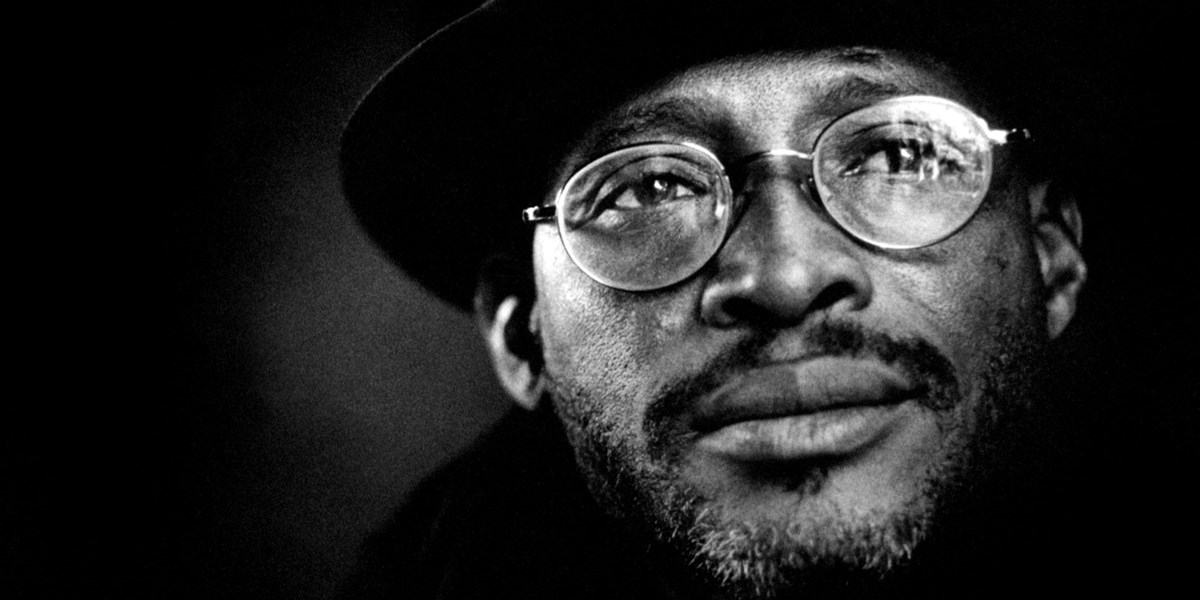Wednesday, October 14, 2020
Afel Bocoum interview: “By the time corona arrived we had already more than enough going on here in Mali”
A key figure in Ali Farka Touré’s band, Afel Bocoum is releasing a long-awaited and rare solo album that finds him stepping into the limelight. He talks to Bram Posthumus about living in exile in Bamako, the situation in Mali and his desire to reconnect with the world

Afel Bocoum (photo: Christien Jaspars)

Register now to continue reading

Thanks for visiting the Songlines website, your guide to an extraordinary world of music and culture. Sign up for a free account now to enjoy:
- Free access to 2 subscriber-only articles and album reviews every month
- Unlimited access to our news and awards pages
- Our regular email newsletters

